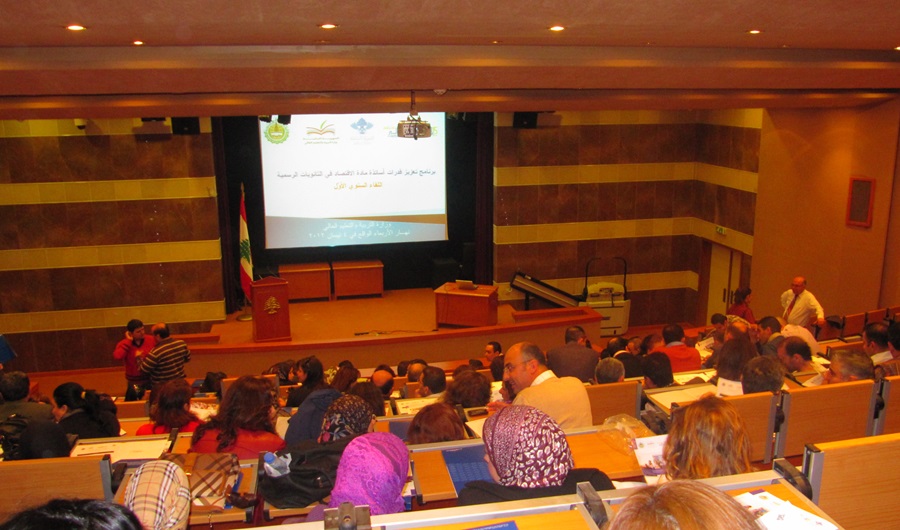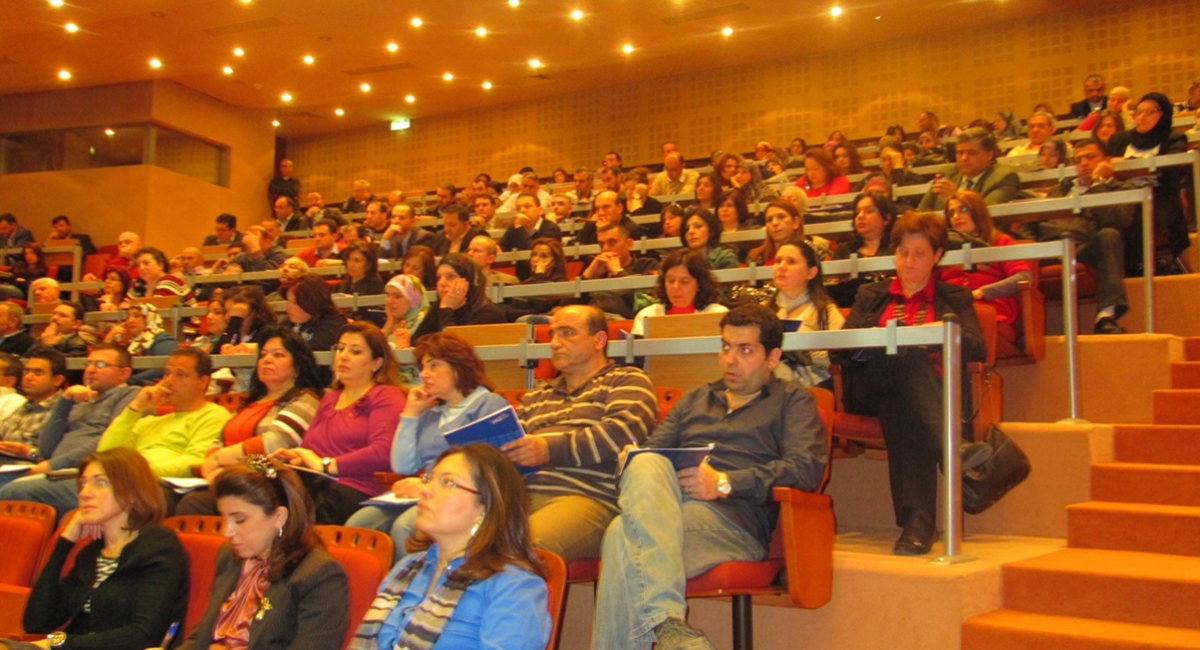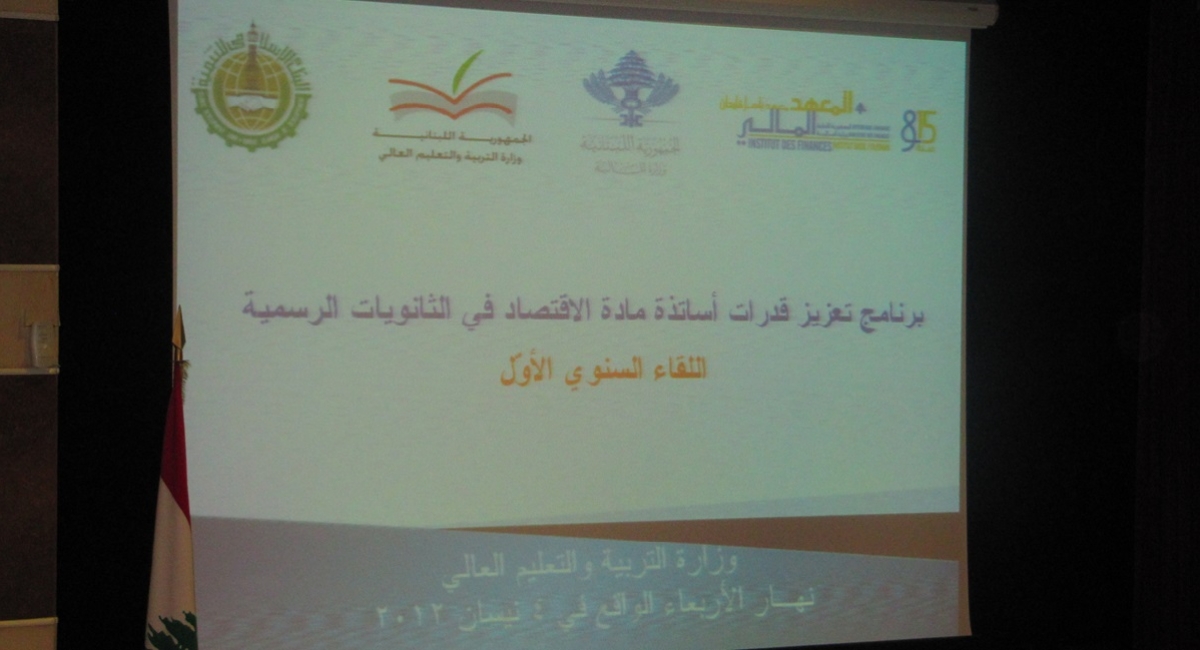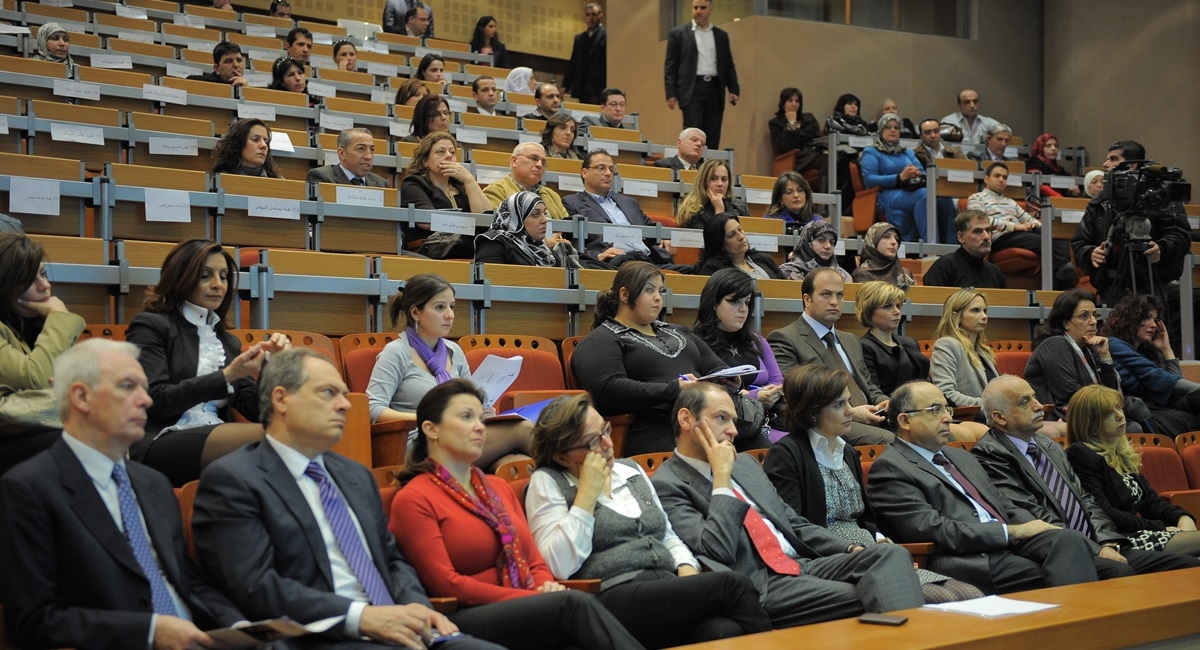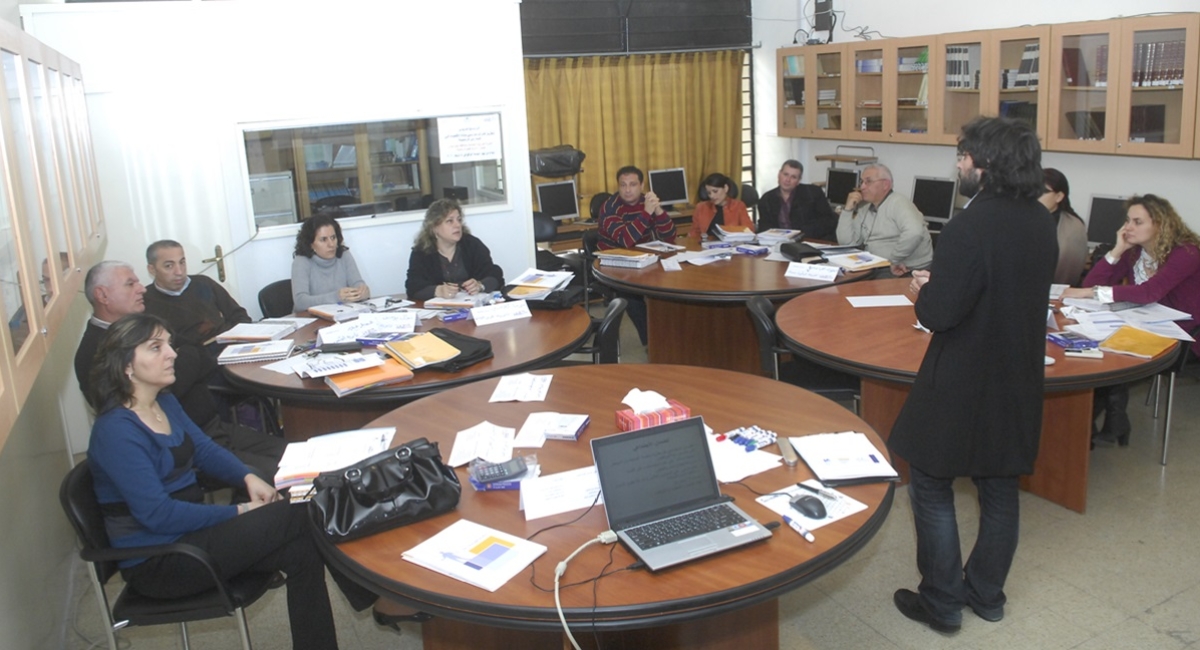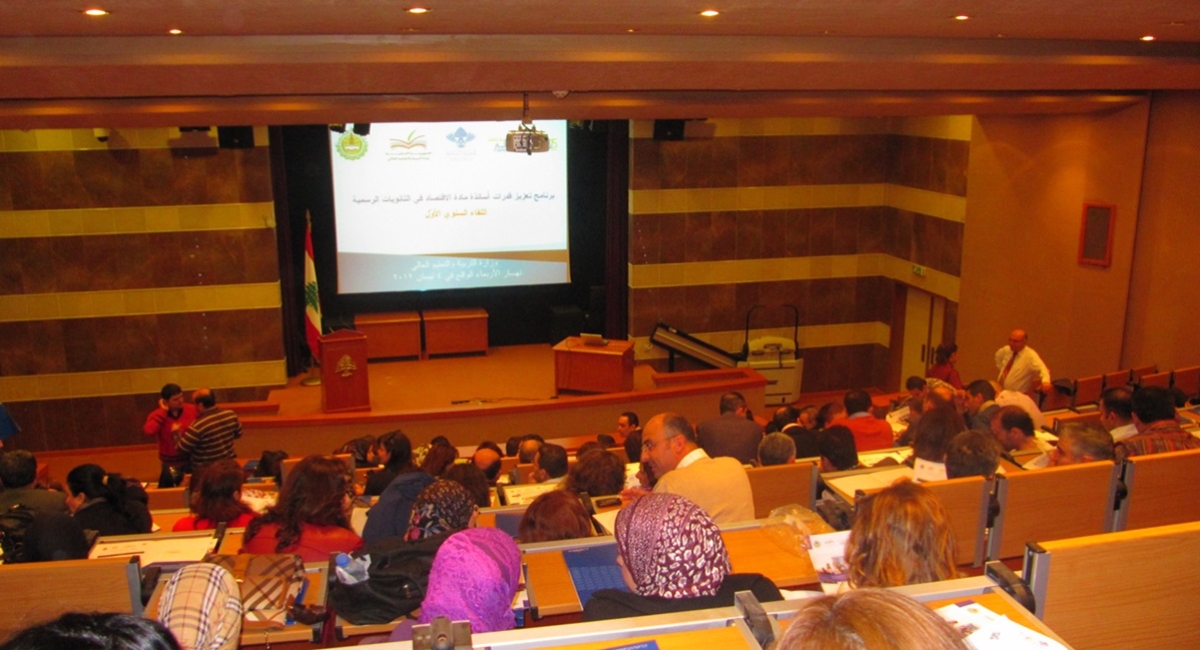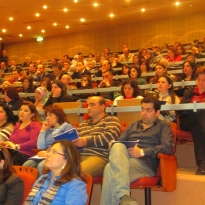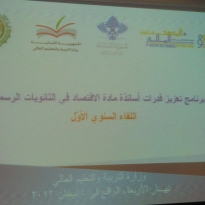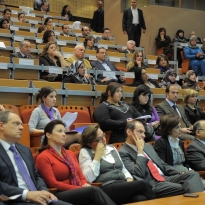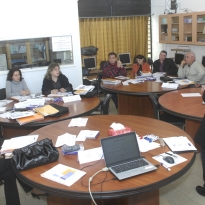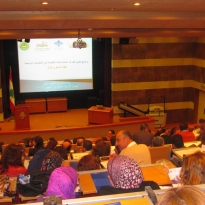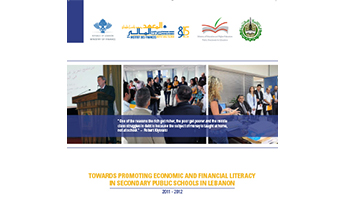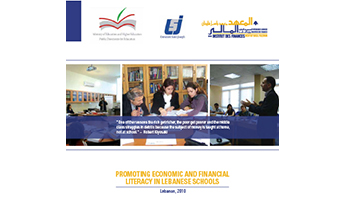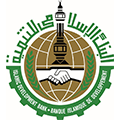Project Details
Economic and financial education
ثقافة اقتصادية ومالية
Capacity building
بناء القدرات
Economy
اقتصاد
Learning & Development
التعلم والتطوير
In 2009, the Institut des Finances Basil Fuleihan launched a strategic partnership with the Ministry of Education and Higher Education (MoEHE) seeking to address the critical gap in financial knowledge among the younger population, and increase the level of financial and economic literacy among the Lebanese students through a capacity building program tailored for economic teachers of the public secondary schools.
Recognizing the vital role educators play in shaping financial literacy, and considering schools to be the best environment for spreading economic and financial concepts to the younger generations, the Institut des Finances, in collaboration with the Faculty of Economics at the USJ, developed a specialized training program for teachers across Lebanon. This training program was based on the economics curriculum of public schools, and encompassed 8 training modules prioritized as per the results of an assessment conducted by the Institute. It covered key topics such as National Accounting, Public Accounting, Microeconomics, Macroeconomics, Public Finance, International Trade and Growth.
Teachers were also introduced to the Island Game, "Jeu de l'île", an economic simulation game where teachers play the role of producers, consumers, business owners and financial experts.
Additionally, field visits to three main Lebanese Public Institutions (Lebanese Central Bank, the Ministry of Finance and the Port of Beirut) were organized, offering teachers firsthand exposure to logistical and financial operations, and enabling them to interact and debate with key public officials and policy makers.
Annual meetings were also organized between 2012 and 2014, aiming to create a platform for exchange of knowledge and networking opportunities between teachers themselves and experts in the fields of economics and finance. These meetings were animated by experts from the Lebanese banking and public sectors.
Teachers were also provided with detailed guides and interactive teaching tools to further enhance the learning experience in their classrooms.
The project was launched and implemented in 2 phases:
- Phase one (2009 - 2012) : capacity building for economic teachers in secondary public schools through a series of workshops, benefiting over 400 teachers across Lebanon;
- Phase two (2012 - 2014) : organization of annual meetings, consultation sessions with schools and field visits, with the participation of +550 teachers.
This initiative had a far-reaching impact, since according to official estimates, the training programs are expected to benefit more than 52,000 students, significantly raising financial literacy levels nationwide.
To this day, the Institute remains committed to building an aware society by raising economically and financially informed generations.

